Images of the Houthi government ministers on their funeral day after being killed in an Israeli airstrike (Reuters)
The repercussions of the Israeli strike that targeted Yemen’s capital, Sana’a, last Thursday, killing several ministers of the Houthi government, continue to cast a shadow over the political scene in Yemen, despite the group’s repeated assurances that it has overcome the shock and appointed a new prime minister.
At the same time, many political analysts following Yemeni affairs agree that the strike, which killed Prime Minister Ahmed Ghaleb al-Rahwi and nine other ministers and officials, is one of the strongest blows the group has received since its founding over two decades ago, marking a new phase of conflict between the Houthis and Israel.
Majid al-Madhhaji, co-founder and head of the Sana’a Center for Studies, told “An-Nahar” that the strike represents the start of a new phase of Israeli strikes, which he described as “rough,” targeting the group’s leadership after Israel managed to penetrate the Houthis’ ranks and obtain precise information about their leaders’ movements.
Al-Madhhaji added: “This represents a qualitative development in Israeli intervention in Yemen, moving to a harsher phase by targeting and eliminating Houthi leaders. It seems the Israelis have succeeded in closing the information gap and now have reliable sources on the ground.”
Regarding the impact of the Israeli strike on the group and its future in governance, al-Madhhaji believes the image of the Houthis as a strong group capable of protecting itself will gradually erode. The Houthi government’s ability to manage its affairs and the areas under its control may be disrupted, and many people might hesitate to join their ranks for fear of being targeted by Israeli raids. He added: “These strikes will increase the cost of joining the movement, as Israel has made clear that the price is death.”
The Houthis appeared confused in the hours following the strike, quickly denying the killing of any of their leaders before later admitting the death of the prime minister while continuing to conceal the names of other casualties. This has led some analysts to believe the group is still withholding information about the deaths of prominent military leaders in the strike.
Although acknowledging that the strike caused a moral blow to the Houthis, al-Madhhaji says the group remains strong as its prominent leaders were not targeted. However, he expects that continued strikes of this nature may weaken the movement in the long term. He said: “This is the biggest blow to the group during its period of stable authority; it affected them morally but did not touch the deep structure of the organization or its ability to operate. The strike did not target its main figures; the group’s leadership center still exists. However, continued strikes will severely damage the movement’s maneuverability and its ability to replace leaders, which is costly for a still young group.”
On the other hand, Mohamed Al-Basha, founder of Pasha Report risk consultancy based in Washington, said the Israeli strike came as a result of intensive intelligence efforts, accompanying strikes since July 2024 targeting infrastructure, energy, and transport centers in Houthi-controlled areas.
Al-Basha agrees with al-Madhhaji that the strike will not have a significant impact on the group currently, as it targeted civilian officials rather than senior military or political leaders. He told “An-Nahar”: “This strike is unlikely to affect the Houthis’ ability to continue their attacks against Israel or their maritime operations. The people targeted were not senior military leaders or experts in manufacturing or operating drones and missiles, meaning the group still retains its military capabilities.”
Meanwhile, Nadwa Al-Dosari, a researcher at the Middle East Institute in Washington, predicted in an interview with “An-Nahar” that the group would become more aggressive towards the population in its controlled areas, launching wide arrest campaigns that may target prominent leaders within, accusing them of spying for Israel. She said: “Although the strike did not target decision-makers in the group, the killing of nearly all government ministers in one raid reveals the Houthis’ weakness, contrary to the image they try to present as an invincible force. The operation also confirms Israel’s ability to target the group’s leaders en masse, constituting a serious security breach.”




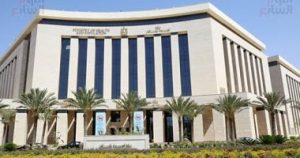

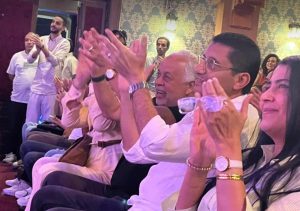
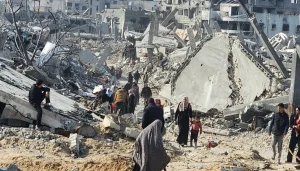
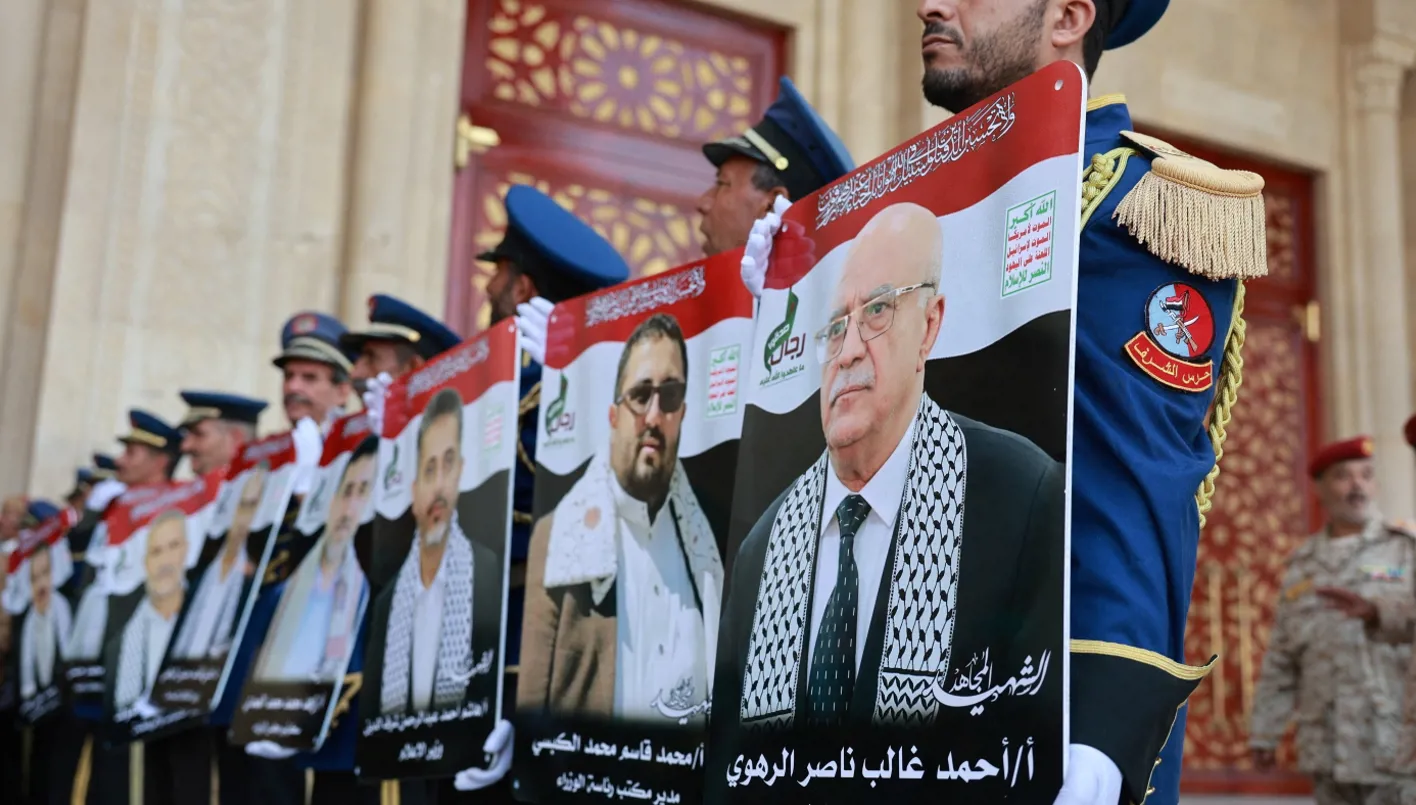
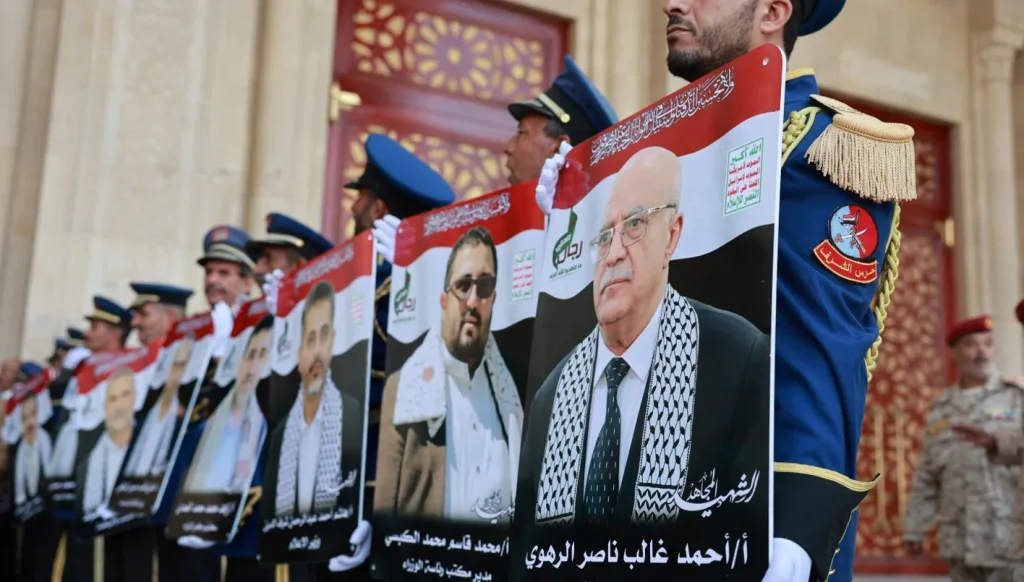
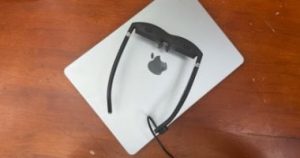
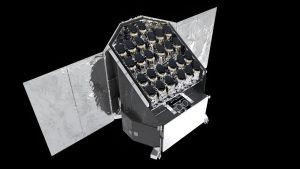


Recommended for you
Exhibition City Completes About 80% of Preparations for the Damascus International Fair Launch
Talib Al-Rifai Chronicles Kuwaiti Art Heritage in "Doukhi.. Tasaseem Al-Saba"
Unified Admission Applications Start Tuesday with 640 Students to be Accepted in Medicine
Egypt Post: We Have Over 10 Million Customers in Savings Accounts and Offer Daily, Monthly, and Annual Returns
His Highness Sheikh Isa bin Salman bin Hamad Al Khalifa Receives the United States Ambassador to the Kingdom of Bahrain
Al-Jaghbeer: The Industrial Sector Leads Economic Growth